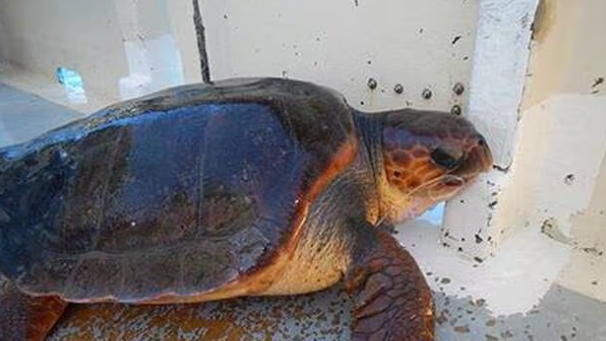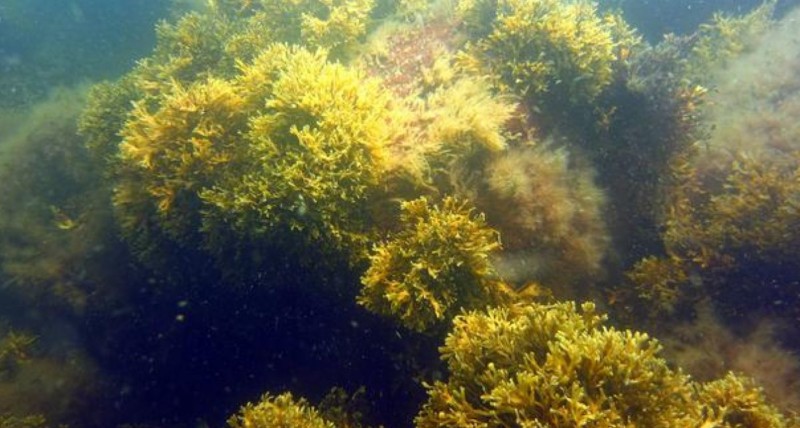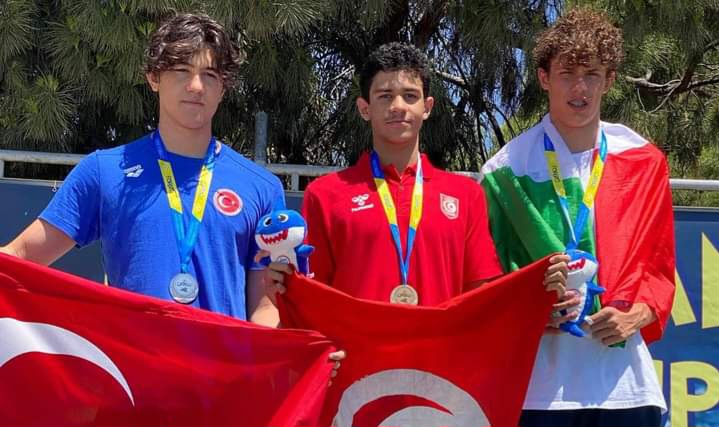Fishermen from the Réunion Island Interprofessional Association of Fishing and Aquaculture (Aripa) have joined forces to share their sea experience with the scientific community and turtle protection organizations. The « Save Turtle Run » project will soon provide data on the behavior of these marine animals to reduce accidental captures, as well as training for fishermen on how to handle them in case of injury.
Who better than fishermen to understand the behavior of marine animals? The Réunion Island Interprofessional Association of Fishing and Aquaculture (Aripa), which supports the swordfish longline fishery in Réunion, has leveraged this field advantage to collaborate with scientists from the Technical Research and Aquatic Environment Valorization Center (Citeb) and the Kélonia turtle rescue center on a sea turtle protection project. The « Save Turtle Run » project, born in April 2023 from this shared goal of reducing accidental sea turtle captures, is nearing completion and is revealing initial conclusions.
Financed to the tune of €57,780 by the sustainable fishing support fund of the Marine Stewardship Council (MSC), the Save Turtle Run project has developed around three main areas: data collection for prevention, training in the event of a capture, and rescue in case of injury.4o mini
The capture frequency based on GPS position, season, and the different species caught are some of the data collected over two years (until early 2025, when the project ends) to help Citeb better understand the behavior and distribution of sea turtles (depths, areas). Their habitats can vary, notably based on water temperature, to which they are sensitive. Certified by MSC since 2022, the 43 boats from Réunion’s swordfish longline fishery involved in the project have been providing this data for each capture.
« Through all the scientific data we collect, we hope to identify the migration corridors for feeding or reproduction and the specific periods, » explains Pierre-Yves Brachelet, interprofessional coordinator at Aripa. This will allow them to create a guide to help avoid accidental captures. Once analyzed, the results will be shared with the Indian Ocean Tuna Commission (IOTC).
The fishermen also received release kits and were trained on how to handle marine animals, particularly the vulnerable green sea turtles (Chelonia mydas), listed as a vulnerable species by the International Union for Conservation of Nature (IUCN – Red List of Threatened Species).
However, in the case of injury, the turtles can also be rescued by Kélonia. Once at the center, they have an 80% survival rate, with more than 400 turtles rescued so far.
Source: lemarin




